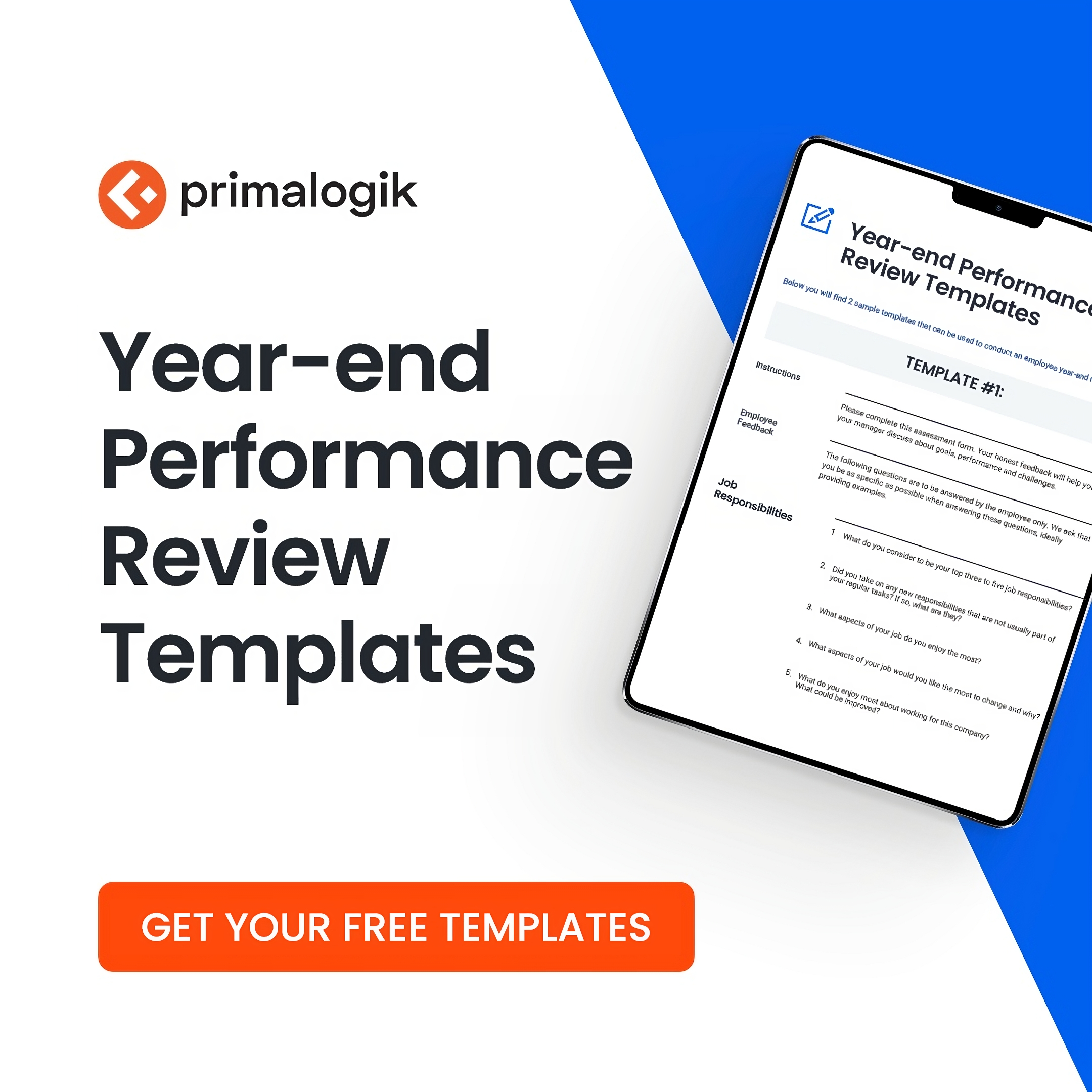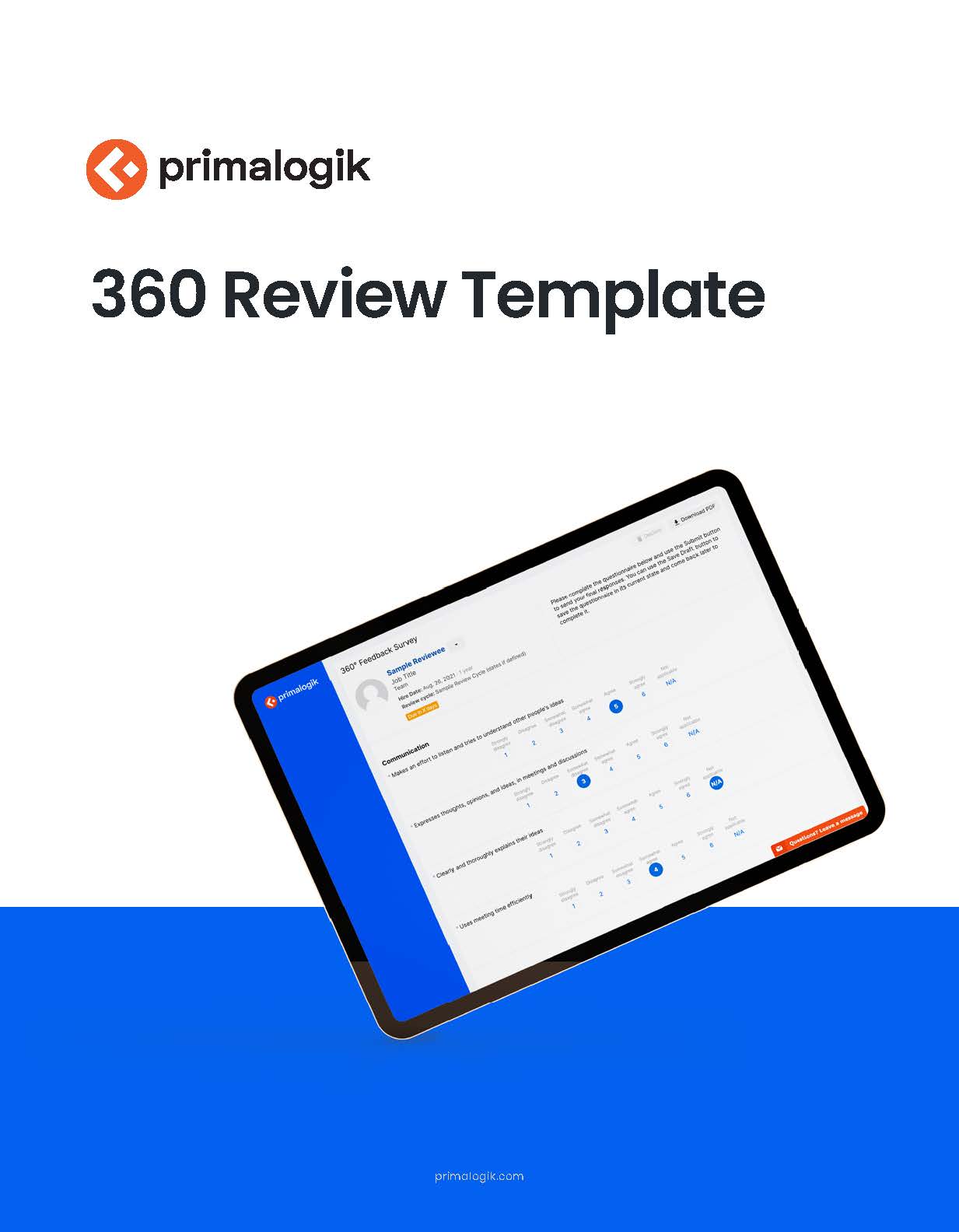Onboarding plays a pivotal role in the employee experience. Yet most companies have much room for improvement in terms of onboarding. In fact, only 12% of employees believe their company has a great onboarding process, including onboarding survey questions. And just 29% of new employees feel adequately supported, reports SHRM.
That’s probably a major reason why 40% of new hires quit within the first six months. Clearly, the onboarding process plays a central role in employee retention.
Fortunately, onboarding surveys can provide data on how employees feel about the process. We’ll discuss how to conduct them in detail. And, of course, we’ll share some great onboarding survey questions!
Navigation
1. What Is an Onboarding Survey
2. Good Onboarding Survey Questions
3. Bad Onboarding Survey Questions
4. How to Design Your Onboarding Survey
What Is an Onboarding Survey

An onboarding survey assesses an employee’s experience with the onboarding process. Before we dive into the survey itself, let’s discuss what onboarding means.
People often use the terms “onboarding” and “orientation” interchangeably. However, they don’t refer to the same thing. Orientation involves initial paperwork and introductions to staff. It also includes the sharing of key information about workplace culture, duties, and other topics. Onboarding is a more comprehensive process than orientation.
So, it spans more than just a few days. In fact, an onboarding process can last for months. It encompasses training, mentoring, and getting fully up to speed in the role.
In short, orientation is part of onboarding, but onboarding doesn’t stop there. Onboarding survey questions can therefore cover a broader scope than orientation.
Purpose of an Onboarding Survey
Why are onboarding surveys important? They’ll help you pinpoint any areas in which you’re falling short. You can then adapt your onboarding process in real-time. That’s much more beneficial than learning about issues after it’s too late! Asking great onboarding survey questions will provide the most relevant information.
Are onboarding survey questions effective? Absolutely. Good questions will give you an in-depth knowledge of how supported new hires feel. Plus, they’ll reveal how the employee perceives your company and culture.
When to Conduct an Onboarding Survey
You can actually conduct several onboarding surveys at critical junctures in the onboarding process. “Survey new employees at various intervals during their first year of employment to learn where their pain points are,” says SHRM. “Survey your buddy/mentor appointees, as well, to learn what they believe is working and what isn’t.”
Conduct one survey during the first week to assess the employee’s initial experience. This will help you determine whether you need to correct course in any way. Then, conduct another survey toward the end of the first month. We advise conducting one survey per month. This will give you timely data during every stage of the onboarding process.
Onboarding Survey Question Topics
According to Gallup, five key points are especially relevant to new employees:
- What the organization stands for
- What the employee’s main strengths are
- Is the employee clear on their role
- Who will partner with them to carry out their work
- What their future with the organization entails
The employee will continue learning about these areas throughout the first year, says Gallup. So, many of your onboarding survey questions should relate to these points. Including the following topics will help you cover all the bases:
- Introductions to staff and culture
- Guidance in understanding their role
- Support in fulfilling job duties
- Assistance in understanding cultural norms
Additionally, explain how the results will be used. Will they be shared with the manager or just seen by HR? The manager will likely need to know about issues raised by the survey. However, HR could synthesize open-ended questions rather than sharing them word-for-word.
Good Onboarding Survey Questions

Onboarding survey questions should cover a well-rounded range of topics. Some of the following questions are obviously most relevant after the initial orientation. Others apply throughout the onboarding process. For instance, you can ask whether the employee has clear goals at any stage.
This list of onboarding survey questions will deliver valuable information. Rather than giving “yes” or “no” options, have employees rate responses on a numeric scale. This will provide more nuanced answers.
First-day experience and impressions
- Did you have a strong understanding of what to expect on your first day?
- Do you receive the necessary tools to do the job?
- Did someone explain how to use them?
- Have coworkers warmly welcomed you to the workplace?
- Did you meet all core members of your team?
- Have you been assigned a “buddy” to help you get acclimated?
- Did you have a chance to talk with your supervisor one-on-one?
- Was your workstation fully prepared in advance for your arrival? Or, if working from home, did you receive all necessary equipment in time?
Role and expectations
- Do you thoroughly understand your job duties?
- Has information been presented in a clear format?
- Do you generally know whom to turn to with questions on particular topics?
- Have you thought of any goals for the first week? For the first month?
- Do you understand the greatest strengths you bring to the role?
- Are you clear on how to apply these strengths?
- Do you understand the organization’s vision and mission?
- Do you know how your role connects to them?
- Are you motivated and engaged by your work?
- Do you feel you can depend on coworkers to support you?
Performance management
- Has your manager scheduled follow-up meetings with you?
- Have you been assigned a mentor?
- Do you understand the criteria by which you’re being evaluated?
- Have you received feedback from your manager at least several times a week?
- Has your manager discussed your career goals with you?
- Does your manager regularly express appreciation for your efforts?
Cultural norms
- Did someone talk with you about the workplace culture?
- Do you have a strong understanding of the culture?
- Are the communication and workflow processes clear?
- Do you feel supported in attaining work/life balance?
Employee benefits
- Do you understand your benefits package?
- Have you had a chance to ask questions about it?
- Do you understand the process for using your benefits?
- Do you feel clear about company policies on using benefits?
Ask open-ended questions as well. New hires might share ideas you haven’t thought of. For example, questions like these can be very informative:
- What questions do you have that weren’t answered yet?
- How could we strengthen the onboarding process?
- Do you feel we should be spending more time on any particular topics?
- How do you feel about the workplace culture?
SHRM offers a great new hire survey template. It contains plenty of good onboarding survey questions like those mentioned above.
Bad Onboarding Survey Questions
Now let’s look at the types of questions to avoid. They can decrease the validity of your survey results, so steer clear of them!
Two-in-One Questions
First, be careful not to ask more than one thing in a question. That can create difficulties in answering it. For instance, avoid questions like these:
- Did you receive enough information, but not so much that you felt overwhelmed?
- Did you receive useful tools, and did someone explain how to use them?
- Do you have a mentor and feel able to turn to coworkers with questions too?
What makes these bad onboarding survey questions? The employee may not know how to select an answer due to the confusing wording.
Lack of Clarity
Also, avoid overly vague questions:
- Was your orientation helpful?
- Were staff supportive of you?
- Do you get a lot of feedback?
Such questions don’t ask how the orientation was helpful. They don’t determine how staff were supportive and how often feedback is delivered. Instead, ask for specific details about what was helpful (or not). It can be tricky to make broad generalizations about the entire process. Plus, it may feel harder to assign a lower rating to such questions.
Make sure questions don’t frame the employee in a negative light, too. And focus on the process rather than on what the employee has taken the initiative to do. You’re not evaluating how well they’ve performed during onboarding. You’re not looking at employee behaviour. Rather, you’re evaluating the onboarding process itself.
- Don’t say, “Did you struggle to pay attention during orientation?”
- Instead, say, “Did you find the orientation engaging?”
- Don’t say, “Did you set goals for the first week?”
- Instead, say, “Did your manager help you set goals for the first week?” or “Do you have clear goals for the first week?”
- Don’t say, “Have you asked good questions during the onboarding process?”
- Instead, say, “Have you been given plenty of chances to ask questions?”
Further, you may want to phrase all questions either “positively” or “negatively.” This can aid in interpreting the survey results. Plus, it will avoid confusion for the respondent. In a list of mainly “positively phrased” questions, tossing in a question like “Did you wish you had more one-on-one time with your manager” could be confusing.
The new hire could easily misread it, and scoring could become more complicated.
We suggest phrasing rating questions in a positive light. Then, you can ask for ways to improve in open-ended questions.
How to Design Your Onboarding Survey
Primalogik’s survey software can assist in developing an onboarding survey. Its customizable lists of questions and intuitive format make designing a survey simple.
Finally, don’t rely solely on surveys to gather information from new hires. One-on-one conversations with a manager can also reveal the new hire’s thoughts about the process. The employee may feel more comfortable voicing candid opinions to a supportive person than on paper.
However, if they’re able to remain anonymous in the survey, the reverse can be true. In large organizations that hire multiple employees at the same time, anonymity may be more feasible. Survey software can keep results anonymous if desired.
As SHRM mentions, you can also look at key metrics to measure onboarding success:
- Time to productivity
- Retention threshold (when new hires tend to quit most often)
- Employee engagement data
Small group discussions with several recent hires can prove helpful as well. As you employ these tools alongside surveys, you’ll gain invaluable data.
Want to see for yourself how software can help you design an onboarding survey? Request a demo of our product!





